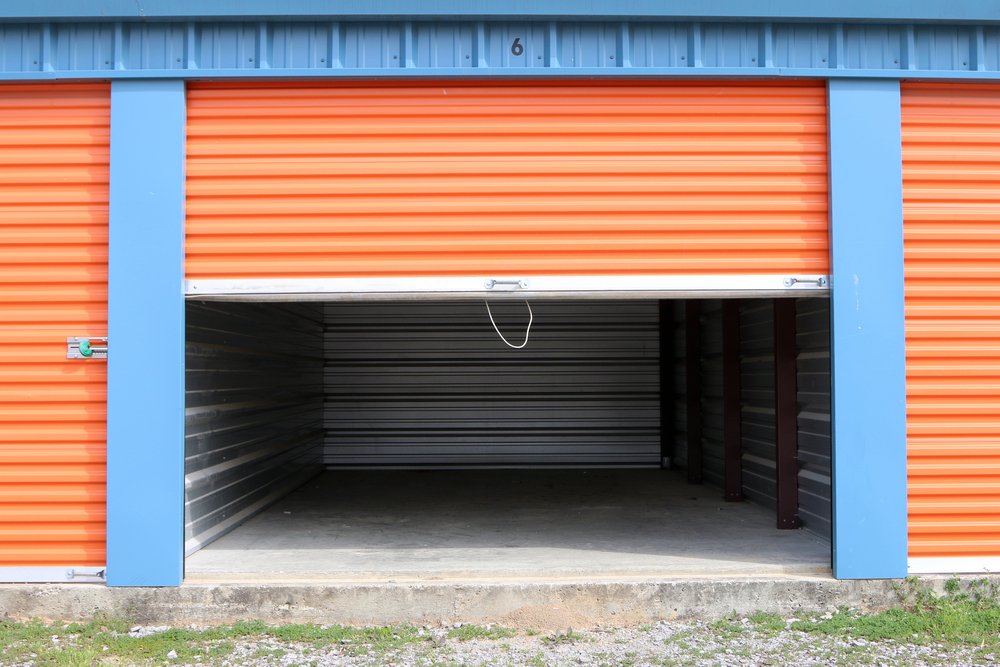
Does homeowners insurance cover storage units? Do you have a storage unit and keep personal property in it? Are you aware of what is covered for these items, should something happen to them? More specifically, can your homeowners insurance policy extend personal property coverage to the items inside your rented storage units? We have the details you need to know.
Homeowners Insurance and Personal Property Coverage
Homeowners insurance covers damages to your home and personal belongings due to covered perils like theft, fire, and storms. Personal property coverage is for just about anything in your home that isn’t permanently affixed to the structure such as furniture, clothing, cookware and electronics. However, there are some exceptions that will need additional coverage such as high value personal property.
High Value Personal Property
Higher value items aren’t typically covered or have inadequate limits under blanket Personal Property coverage. Instead, they need to be separately scheduled on the policy. For some items, an appraisal may be required.
Here are some examples:
- Jewelry
- Art
- Firearms
- Antiques
- Sports memorabilia
- Musical instruments
- Furs
- Sports equipment
- High value electronics such as cameras
- Bicycles
You may have some coverage already built in your policy for these items but the coverage limit might be too low. For example, most policies have around a $3,000 total limit for jewelry. This is sometimes referred to as a blanket limit.
Many people have a single piece of jewelry with a value higher than $3,000. So, an item like a $5,000 wedding ring would need to be separately scheduled on the policy.
Does Homeowners Insurance Cover Storage Units?
Now that we’ve covered the two different types of personal property, let’s look at how they are covered if they’re in a rented storage unit.
Most policies will have coverage for “Off-Premises” personal property. Some policies may refer to this as “worldwide coverage”. Essentially, they’re referring to your personal property that is not located at your home.
Some policies will have separate limits for off-premises personal property and on-premises personal property. Sometimes the off-premises coverage is a percentage of the personal property limit listed on your policy.
For example, let’s say you have $150,000 in personal property coverage on your policy with 10% off-premises coverage. This would mean you have a $15,000 limit on personal property in your storage unit.
High Value Personal Property in a Storage Unit
Your policy may have provisions for Scheduled Personal Property coverage. These items may or may not be covered in a storage unit. Also, just like we just demonstrated with blanket personal property, the coverage limit may be reduced.
Insurance companies can customize homeowners insurance policies and the policy language can be quite difficult to read. If you’re going to place expensive personal property in a storage unit it’s best to check with your agent first to ensure you understand exactly what is covered.
General Exclusions
Whether your personal property in a storage unit is covered under the blanket coverage or if it’s scheduled on the policy, there are some general exclusions that are common such as:
- Business equipment such as a company owned computer
- Rented unit is used for business purposes
- Storage facility doesn’t have proper security
- Flood damage
- Damage from pests
Insurance from the Storage Facility
If you’ve spoken with your agent and your policy just doesn’t offer the coverage you need, ask the storage facility if they offer insurance. Many facilities have this optional coverage.
Public Storage, a nationwide storage facility, offers insurance for their customers. It costs extra on top of your homeowners insurance but may very well be worth it. They offer several different coverage types and low deductible options.
How To File a Claim
It’s always a good idea to document your property in a storage unit as well as in your home. This is especially helpful with expensive electronics that have serial numbers. In many cases this isn’t required, however think of it this way. The easier you make it on the claims adjuster the smoother the process will be.
You’re going to follow the same process as filing any type of homeowners insurance claim. You’ll have a claims number and/or web address to file your claim with a claims adjuster.
We always suggest speaking with your insurance agent first. The reason is they can help guide you through the process and help you understand what to expect.






